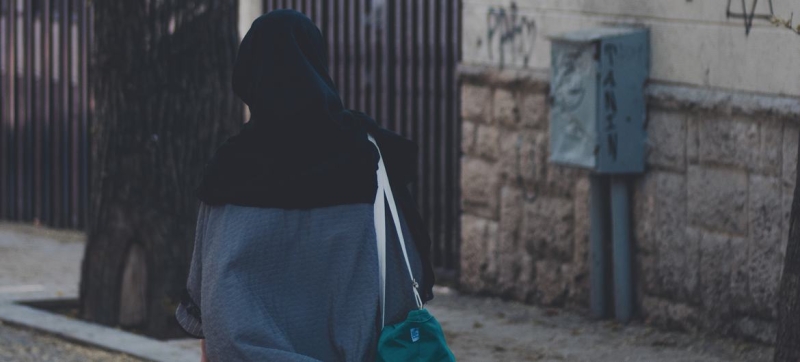
New Hijab Law Marks Tighter State Control Over Women in Iran Iran: UN Experts Call for Repeal of Hijab and Chastity Law Human Rights
UN experts today called on the Iranian government to immediately repeal a new law in Iran that imposes a range of additional penalties on women and girls who do not wear the hijab.
“The new hijab law marks a tightening of state control over women and their bodies in Iran and is a further attack on women’s rights and freedoms,” rights groups said in a statement.
Tougher Penalties
The “Law on Supporting the Family through Promoting the Culture of Chastity and Hijab” comes into effect today. It imposes penalties on those aged 12 and above who fail to wear the hijab, including appearing without a hijab online, as well as on those who spread “propaganda or advertisement of nudity” or wear “immodest or inappropriate clothing.”
While refusing to wear the hijab is already punishable by fines and prison terms under Iran’s current Islamic Penal Code, the new law introduces larger fines and longer prison terms – up to 15 years. It also allows judges to apply the death penalty for corruption.
Violating Rights and Imposing Values
“The new law is a clear violation of fundamental human rights, legal norms and principles, including women’s rights to equality, freedom of expression, religion and belief, bodily autonomy, security and privacy,” the experts said.
They are also concerned about the use of state propaganda to shape educational content and cultural norms designed to enforce the wearing of the hijab, support a “culture of chastity” and “family-oriented” values. By embedding these ideals even more deeply into educational curricula and public information campaigns, the authorities seek to impose a state-sanctioned value system on the population, curtailing freedom of expression and freedom of religion and belief.
“The law also delegates some of the power to enforce it to individuals and citizens. It requires individuals, families and businesses to report incidents of ‘nudity’ and involves the extensive use of technology to enforce it. This will create a climate of fear and mistrust among individuals and communities. In addition, harsh economic penalties will disproportionately affect vulnerable groups,” the rights groups said.
Gender-Based Violence and Discrimination
They also noted that the implementation of the law will likely lead to an escalation of violence against women and girls and will further entrench systemic and structural gender discrimination and segregation in Iranian society.
“We call on the Iranian government to immediately repeal the Hijab and Chastity Law and all other discriminatory laws that perpetuate gender-based persecution,” the experts said. They have contacted the Iranian government to discuss the matter.
The statement was made by the Special Rapporteur on human rights in Iran, Mai Sato, the Special Rapporteur on freedom of religion or belief, Nazila Ghanea, and a number of other independent UN experts.
The special rapporteurs are part of the so-called special procedures of the Human Rights Council. They are not UN staff and are independent of any government or organization. They serve in their individual capacity and do not receive a salary for their work.
